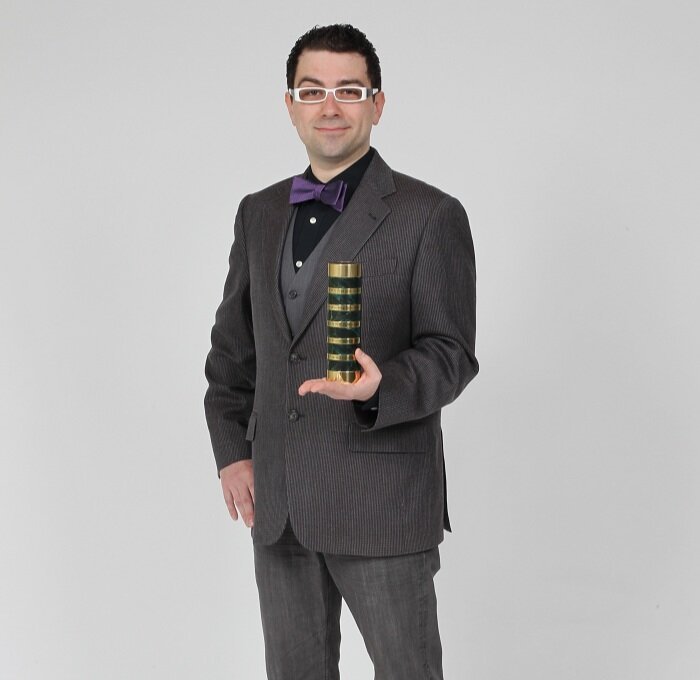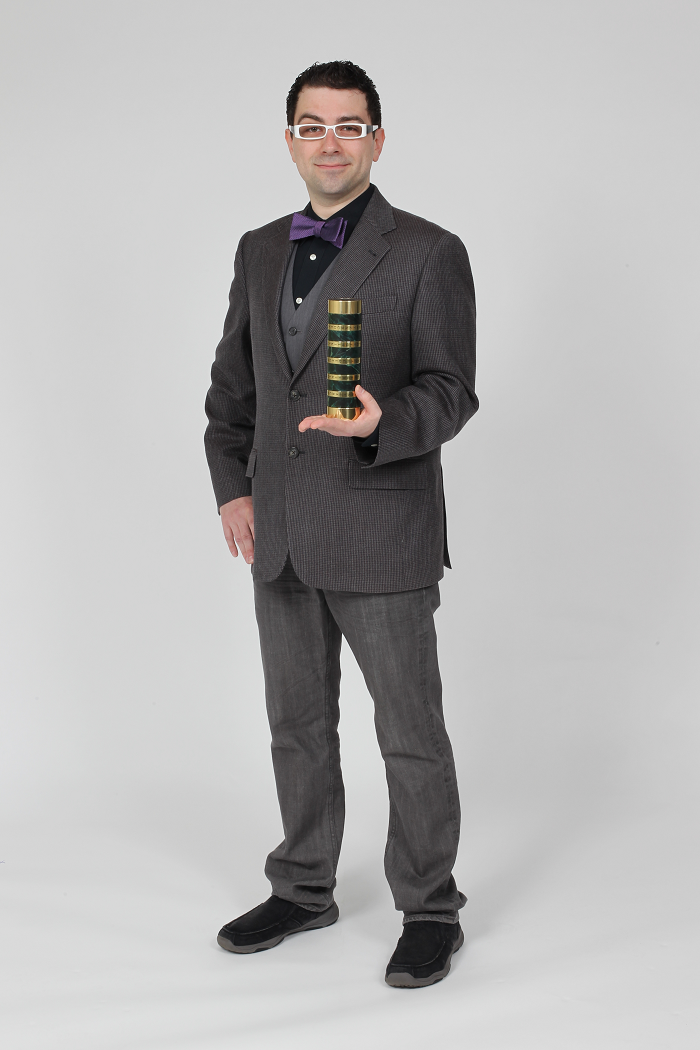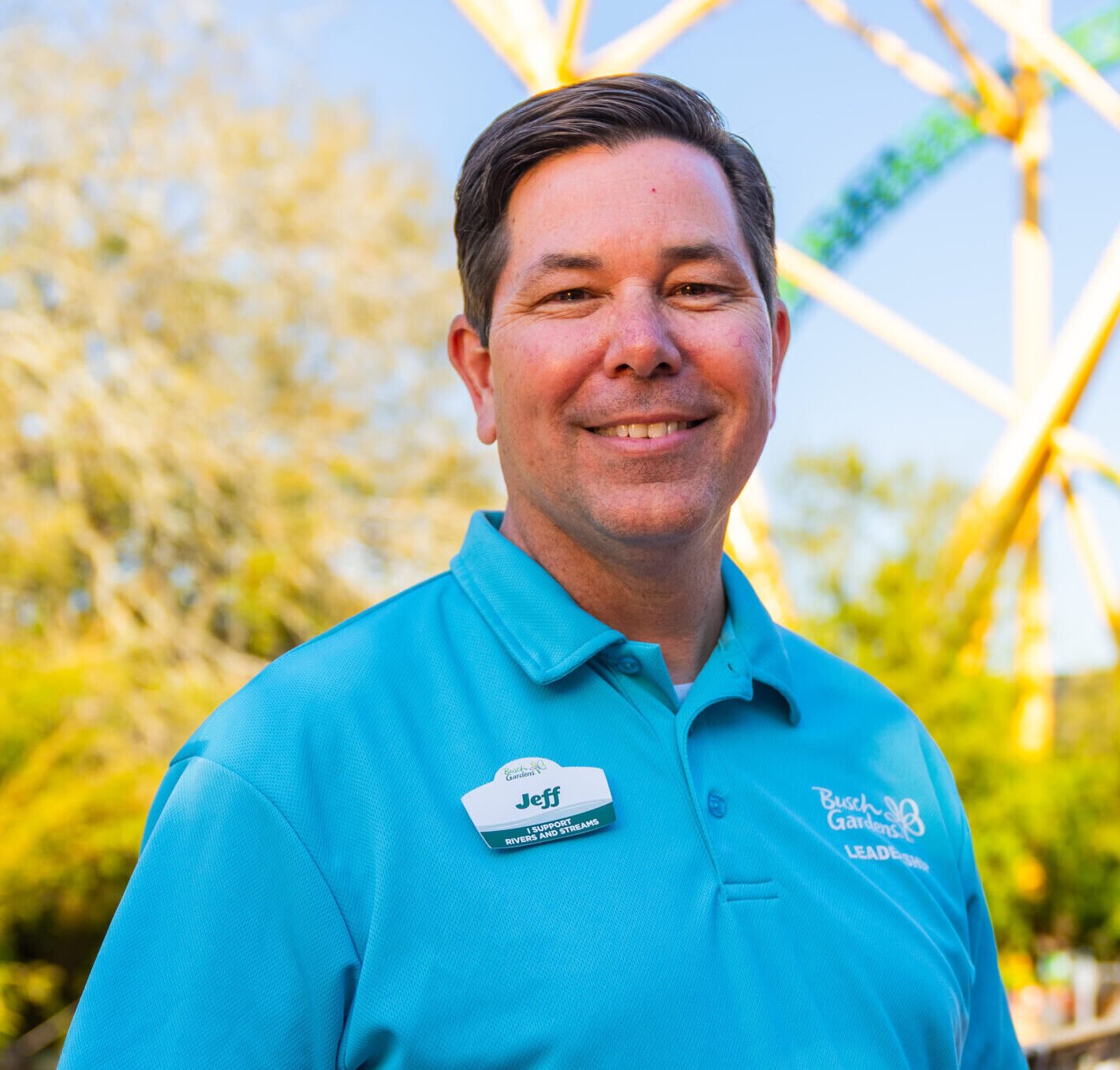I recently went one on one with Nate Martin. Nate is the Co-Founder and CEO of Puzzle Break, the first American escape room company. Founded in 2013, Puzzle Break is headquartered in Seattle with locations in New York, Massachusetts and on Royal Caribbean ships. Nate is a Business Journal 40-Under-40 honoree and a frequent lecturer on the topics of escape rooms, interactive entertainment, design, innovation and entrepreneurship. A graduate of the DigiPen Institute of Technology and former professional poker player, Nate was a senior executive at Microsoft and Electronic Arts prior to Puzzle Break.
Adam: Thanks again for taking the time to share your advice. First things first, though, I am sure readers would love to learn more about you. What is something about you that would surprise people?
Nate: I had a disastrous undergrad experience. I was enrolled in a legendarily challenging software development program and I did not have the skills necessary to succeed as a student. After 5 years of struggling, I dropped out to become a professional poker player. Years & much experience later, I would return to school to finish my degree with a commanding 2.59 GPA.
Adam: How did you get here? What experiences, failures, setbacks or challenges have been most instrumental to your growth?
Nate: My varied background (software engineering, poker, design, program management) are all different forms of creative problem solving. As a professional problem solver with no real understanding of my own limits, wild & lurching growth was inevitable.
Prior to co-founding Puzzle Break, I was a senior software executive first at Microsoft then later Electronic Arts. I made tons of money & was treated very well by my employers. But I wasn’t satisfied; I was 30 years old and I wanted to change the world. Other than my first startup failing, I’ve been blessed with precious few major failures on my journey.
Adam: How did you start the escape room industry? What is the full story?
Nate: Video games have been a huge part of my life since I could pick up a controller. You can draw a direct line backwards from escape rooms to the adventure game genre that enjoyed its heyday in my formative years in the 90s. Fast forward to 2013. I learn that some folks in Asia are experimenting with adventure-games-in-real-life. This was the best idea I’d ever heard. I immediately found a partner and started looking for a commercial lease. Puzzle Break opened its doors as the first American Escape Room company in Seattle in August 2013 (quitting my lucrative career to go full-time shortly thereafter) and although we didn’t know it at the time, we started a revolution.
By the end of 2014, there were just over a dozen Escape Room companies in the U.S. By the end of 2018, there were thousands. And if you’ve played a good escape room, this explosive growth is no surprise at all.
Puzzle Break now has several locations, dozens of experiences on Royal Caribbean Cruise Line, and large-scale portable team experiences we take to corporate events across the country. I now give lectures and have been fortunate enough to be dubbed the “Founding Father” of escape rooms. It’s been a ride!
Adam: How has the industry evolved since the early days? How do you believe it will continue to evolve?
Nate: This is a huge question that can be boiled down to two major themes.
-
Experiences are getting bigger & badder. Budgets are skyrocketing, customer tastes are evolving, and this is showing no signs of slowing down.
-
Experiences are diverging. In 2014-2015, nearly all Escape Rooms in the U.S. looked very similar to what we started at Puzzle Break as folks emulated our formula. Now, we’re seeing all sorts of unique approaches that cater to niche audiences. Short games, scary games, adult games, kids’ games, tiny games, etc.
The future is very exciting.
Adam: How do you know if an idea is a good idea? What advice do you have others on how to test their ideas for new business, products or even industries?
Nate: I’m sorry to say that I have no special power of business validation foresight. That said, here are two tricks I’ve picked up:
-
Stay in your lane (or consult with folks in the appropriate lane). Immersive entertainment has been in my blood since birth. I knew Escape Rooms would be a hit because of experience, and that experience enabled me to capitalize on that knowledge. In a prior startup, I tried to solve problems related to paying rent. I had no background (or passion!) in that area, didn’t talk to folks who did, and predictably failed miserably.
-
Smart testing can be done on the cheap. Not testing is often the most expensive thing in the world.
Adam: How can leaders create a culture that engenders innovation?
Nate: Empower your employees. Let them write their own job description. If I hire someone to do job X, and they have the skills and chutzpah to start doing Y without being told, and Y is a wild success? Congratulations, we have a new Director of Y. I’ll find someone to backfill X.
Adam: In your experience, what are the defining qualities of an effective leader? How can leaders and aspiring leaders take their leadership skills to the next level?
Nate: My most powerful trait as a leader is, without question, a profound lack of shame associated with ignorance. Poor leaders don’t listen to folks who know more than them. They refuse to admit they don’t know everything, or that theirs isn’t always the best idea.
You could fill the Grand Canyon with things I don’t know. When I don’t know something, I humbly gather all the information I can (often looking pretty thick along the way) and become empowered to make the best decisions I possibly can. Don’t be afraid to look stupid.
Adam: What are your three best tips applicable to entrepreneurs, executives and civic leaders?
Nate:
-
Never forget survivorship bias. We read stories about wild, unbridled success. Never confuse these stories with reproducible roadmaps. I started Puzzle Break with $7000 out of my pocket and now we’ve made millions. I got lucky. For every me, how many failed? How many tech companies started in a garage and fizzled? What can we learn from those stories? Everyone’s path is different. Don’t discount luck & seek out stories of failure as well as success.
-
Is there a good reason something has always been done a certain way? Or do we do it that way because we do it that way? When you find this, you find opportunities.
-
Try it! Try the thing. Test your idea. What’s the worst that could happen?
Adam: What is the single best piece of advice you have ever received?
Nate: “Don’t put your GPA on your resume.” – Nameless Professor. And while not direct advice, virtually everything Grace Hopper ever said contains endless entrepreneurial wisdom.
Adam: What are your hobbies and how have they shaped you as an entrepreneur?
Nate: Games of all shapes and sizes have been a huge part of my life since the beginning. My success as an entrepreneur is tied directly to my passion for games & experiences. When I tried making something I wasn’t passionate about, I failed. This was no coincidence. You’re starting to see this in the Escape Room space. If experiences are designed by folks without the love of fun in their hearts, players can tell.









